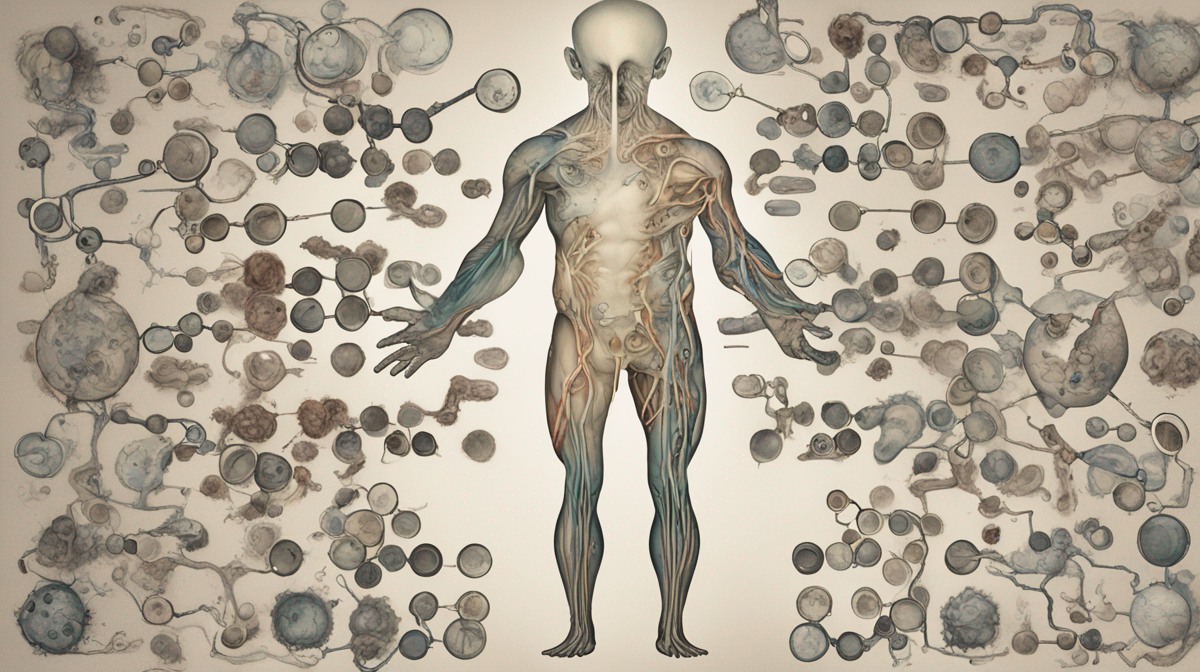Blood
Deciphering the Mystery: 4 Probable Causes of Low Creatinine Levels in Blood

Your body’s chemistry is a complex puzzle – crucially balanced and intricately interconnected. Any variation could hint at underlying health concerns. Case in point: creatinine levels in your blood. High levels are often discussed due to their connection with renal disorders, but what about low creatinine levels? Here, we will delve into the potential causes of low creatinine levels and their significance in health scenarios.
What is Creatinine?
Creatinine, a waste product produced by your muscles, is ordinarily expelled from your body through the kidneys. It is generally used as a marker to compute kidney function. High creatinine levels often imply a compromised kidney function. But what do low levels suggest? Let’s find out.
Probable Causes of Low Creatinine Levels
Identifying the causes of low creatinine levels could be a determinant in recognizing underlying health conditions. Here are four common causes.
1. Malnutrition
Muscle wastage can lead to low creatinine levels, hence, malnutrition or a low-protein diet may lie at the root of the issue. Inadequate protein intake can cause muscles to deteriorate, reducing the production of creatinine.
2. Serious Illness
The body often catabolizes or breaks down muscle tissue during severe illnesses such as cancer or AIDS, leading to lower creatinine levels. Furthermore, patients with significant liver disease may also demonstrate low creatinine levels as the liver plays a crucial role in creatinine production.
3. Pregnancy
Pregnant women might experience low creatinine levels due to an increase in blood volume, causing a dilution of creatinine in the blood.
4. Muscular Dystrophy
Muscular dystrophy (MD) and other muscle-degenerative diseases can cause a decrease in muscle mass, leading to low creatinine levels. Further, certain genetic diseases known to reduce muscle tone or mass can mimic the effects of MD, causing a similar decrease in creatinine levels.
Addressing the Controversy
While ebbs and flows in creatinine levels can be indicative of potential health conditions, they don’t provide a definitive diagnosis. As with most medical scenarios, understanding your individual chemistry is crucial. Always discuss your test results and conditions with a medical professional to identify the most effective, personalized treatment approach.
Conclusion
Despite often being overlooked in favor of examining high creatinine levels, analyzing low creatinine levels can be equally enlightening. It can shed light on potential malnutrition, severe illnesses, pregnancy, or muscle wastage diseases. Understanding and acknowledging the significance of these levels is a step in the right direction toward comprehensive health management.
